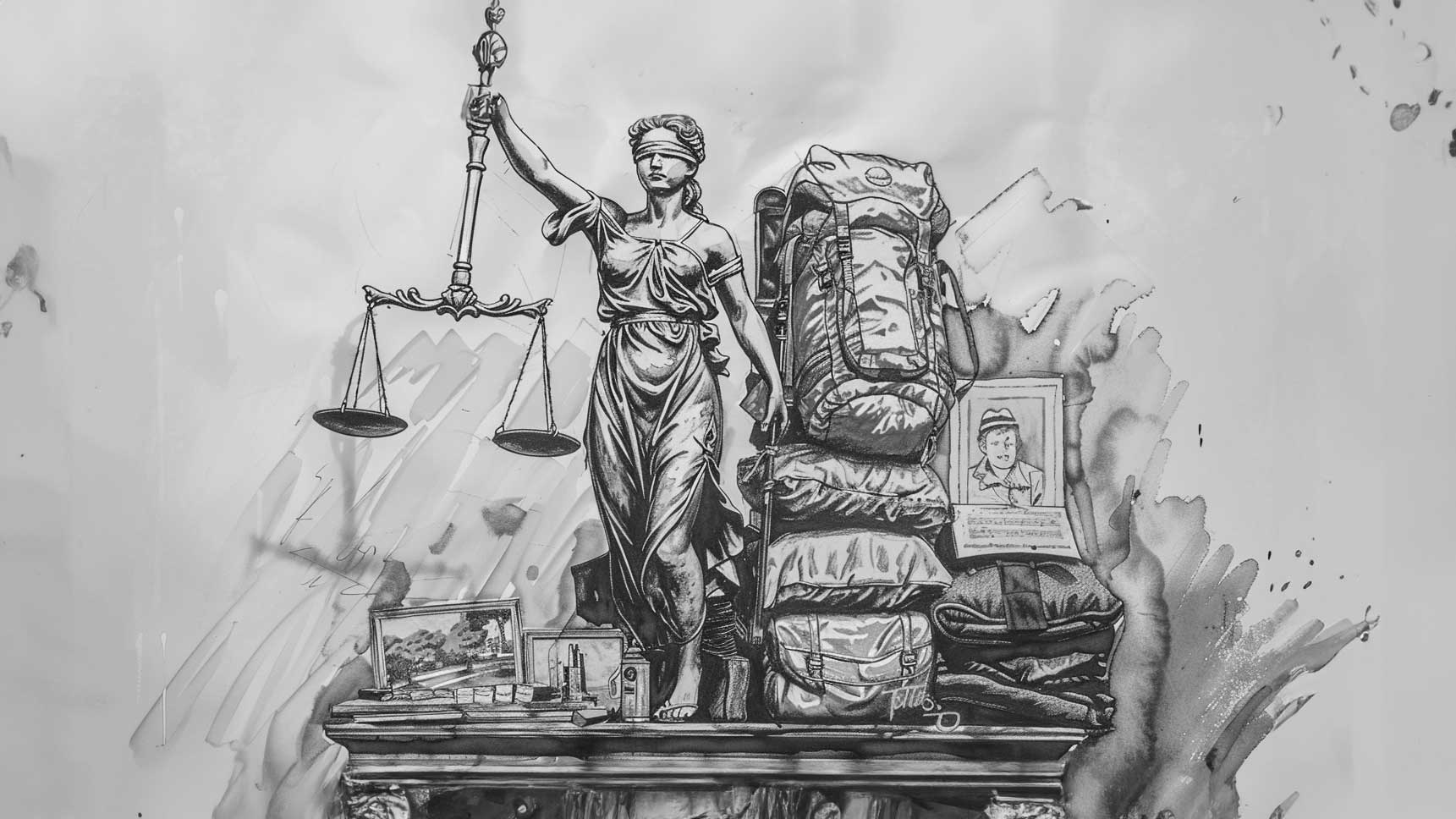
Beyond Johnson vs. Grants Pass:
Addressing Homelessness with Compassion and Commitment
The case of Johnson vs. Grants Pass, Oregon has captivated the nation, bringing to light the complex interplay between individual rights and community responsibilities. At its heart, this legal battle challenges us to consider how we, as a society, address the visible symptoms of a deeper crisis—homelessness.
Grants Pass, like many municipalities, is grappling with the daunting task of maintaining public order while compassionately addressing the needs of its homeless population. The city's stance in this case reflects a broader dilemma: how to effectively manage public spaces in a way that respects the rights of all citizens, including those without a home.
As we await the Supreme Court's decision, it's crucial to remember that the issue at hand extends far beyond the courtroom. Homelessness is a multifaceted problem that demands a multifaceted response. It's not just about the absence of physical shelter but also the myriad of underlying factors—economic instability, mental health issues, substance abuse, and systemic inequalities—that contribute to this crisis.
In this light, the role of rescue missions and life-transformation ministries becomes ever more critical. These organizations do more than provide a bed; they offer a lifeline. By addressing the holistic needs of individuals experiencing homelessness—offering food, shelter, counseling, job training, and spiritual support—missions embody the compassionate response this issue demands.
As we reflect on the complexities of this case and the broader issue of homelessness, let us rally behind these missions. They represent not just a band-aid solution but a beacon of hope, striving to transform lives from the ground up. In supporting their work, we acknowledge the inherent dignity of every individual and reaffirm our commitment to fostering a society where no one is left behind.
The path to resolving homelessness is filled with challenges, but it's a journey we must undertake with empathy, commitment, and a deep-seated belief in the possibility of change. Let us support the holistic work of rescue missions and similar organizations, for in their efforts lies the blueprint for a more compassionate, understanding, and inclusive society.